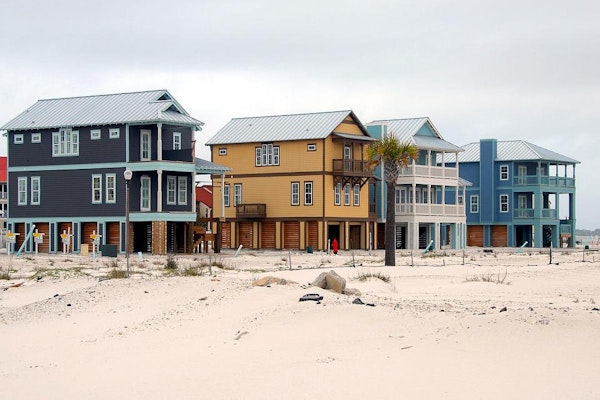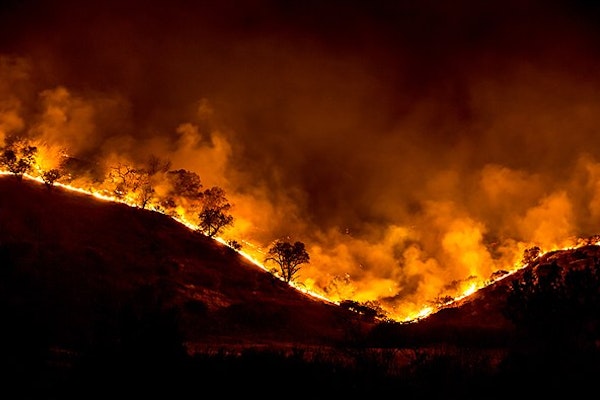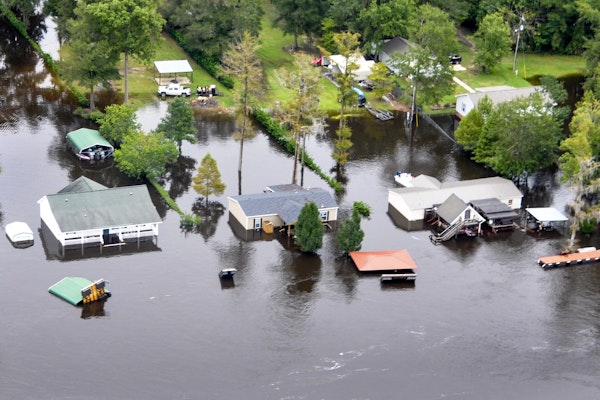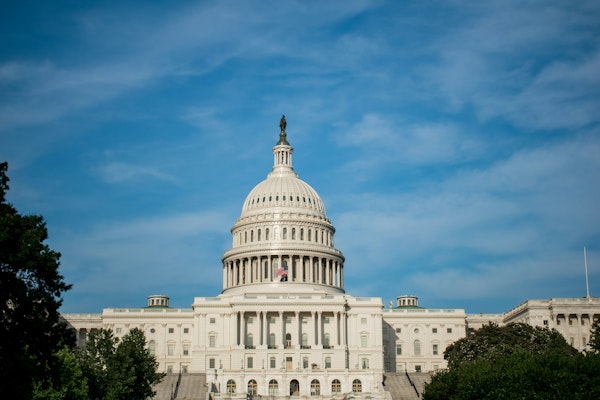
Utility and AI Apps Dominate as Distracted Driving Habits Shift in 2024
CMT’s 2024 report reveals a shift in distracted driving habits, with fewer drivers using phones but a surge in utility and AI app usage behind the wheel.
June 12
Auto
Insurance Industry
Risk Management
Technology
Massachusetts

New England Patriots Reach $2.1 Million Settlement Over Alleged Privacy Violations in App Use
A federal court has preliminarily approved a $2.1 million class-action settlement with the New England Patriots over alleged privacy violations tied to app user tracking tools.
June 2
Insurance Industry
Legislation & Regulation
Litigation
Technology
Massachusetts

Fishermen Face Rising Safety Risks as Federal Training Programs Lose Funding
Federal budget cuts threaten safety training programs for fishing, farming, and logging workers—among the nation’s most dangerous jobs—potentially leaving crews at greater risk.
June 2
Catastrophe
Education & Training
Legislation & Regulation
Risk Management
Alaska
Florida
Iowa
Maine
Massachusetts

Storm Surge Risk Threatens Billions in Coastal Property Value Across 20 States
Over 6.4 million homes in coastal U.S. states face moderate or greater storm surge risk, with $2.2 trillion in potential reconstruction costs, according to 2025 Cotality data.
June 2
Catastrophe
Legislation & Regulation
Property
Risk Management
Alabama
Connecticut
Delaware
District Of Columbia
Florida

Nationwide Auto Theft Ring Busted as Queens DA Charges 20 in $4.6M Scheme
Prosecutors say a sophisticated criminal network used social media to resell 126 stolen cars in a multi-state operation that spanned from New York to Tennessee.
May 9
Fraud
Litigation
Risk Management
Technology
Massachusetts
New Jersey
New York
Tennessee

States Move to Regulate Third-Party Litigation Funding Amid Transparency Concerns
States across the U.S. are advancing bills to increase transparency in third-party litigation funding as concerns grow over rising insurance costs and legal system abuse.
April 14
Insurance Industry
Legislation & Regulation
Litigation
Risk Management
Arizona
California
Georgia
Kansas
Massachusetts

Maine Stands Out as Home Insurance Rates Hold Steady Amid National Spikes
While home insurance premiums rise across the U.S., Maine has maintained stability, experiencing a rate decrease in 2024. Geography and low disaster risk contribute to its resilience.
February 25
Insurance Industry
Legislation & Regulation
Property
Risk Management
Maine
Massachusetts
New Hampshire
Vermont

Uninsured and Underinsured Drivers on the Rise in 2023, IRC Report Finds
A new Insurance Research Council (IRC) report reveals that over 33% of U.S. drivers in 2023 lacked sufficient auto insurance, marking a significant increase since 2017.
February 21
Auto
Insurance Industry
Legislation & Regulation
Risk Management
Colorado
District Of Columbia
Florida
Georgia
Kentucky

Boston Proposes Permit Requirement for Food Delivery Apps
A proposed ordinance would require food delivery services like DoorDash and UberEats to obtain a city permit, carry insurance for drivers, and share delivery data with officials.
February 5
Insurance Industry
Legislation & Regulation
Liability
Risk Management
Massachusetts

Contractor Faces OSHA Penalties After Worker Falls from Boston Theater Scaffold
A federal investigation found safety violations by NER Construction Management led to a worker’s fatal fall at the Cutler Majestic Theater in Boston. OSHA has proposed $115,221 in fines.
January 24
Legislation & Regulation
Litigation
Risk Management
Workers' Compensation
Massachusetts

Record Catastrophe Bond Issuance of $17.7 Billion in 2024
Catastrophe bonds and related insurance-linked securities surged to a record $17.7 billion in issuance during 2024, driven by a robust first half and strong year-end performance.
January 21
Catastrophe
Property
Risk Management
Technology
California
Florida
Louisiana
Massachusetts
Texas

Rising Risks in Homeowners Insurance Demand Swift Action
The accelerating impacts of climate change, coupled with slow government response and human reluctance to prepare, are driving a homeowners insurance crisis in wildfire-prone states like California.
January 14
Catastrophe
Legislation & Regulation
Property
Risk Management
California
Colorado
Florida
Hawaii
Louisiana

Rising Home Insurance Nonrenewals Reshape Housing Market Across the U.S.
As climate-driven disasters increase, nonrenewed home insurance policies are surging nationwide, impacting property values, mortgages, and economic stability in vulnerable communities.
December 30, 2024
Catastrophe
Legislation & Regulation
Property
Risk Management
Alabama
California
Colorado
Connecticut
Florida

Senate Report Blames Climate Change for Insurance Challenges as Industry Pushes Back
The Senate Budget Committee attributes rising non-renewal rates to climate change, but insurance experts highlight other drivers like inflation, litigation, and overbuilding.
December 19, 2024
Catastrophe
Legislation & Regulation
Property
Risk Management
California
Florida
Hawaii
Louisiana
Massachusetts

New York High Court Enforces Uber’s Arbitration Clause Despite Preexisting Injury Lawsuit
New York’s highest court has upheld Uber’s arbitration requirement in a case involving a preexisting injury lawsuit, ruling the company’s clickwrap agreement is a valid contract.
November 26, 2024
Legislation & Regulation
Liability
Litigation
Technology
California
Connecticut
Illinois
Massachusetts
New York





